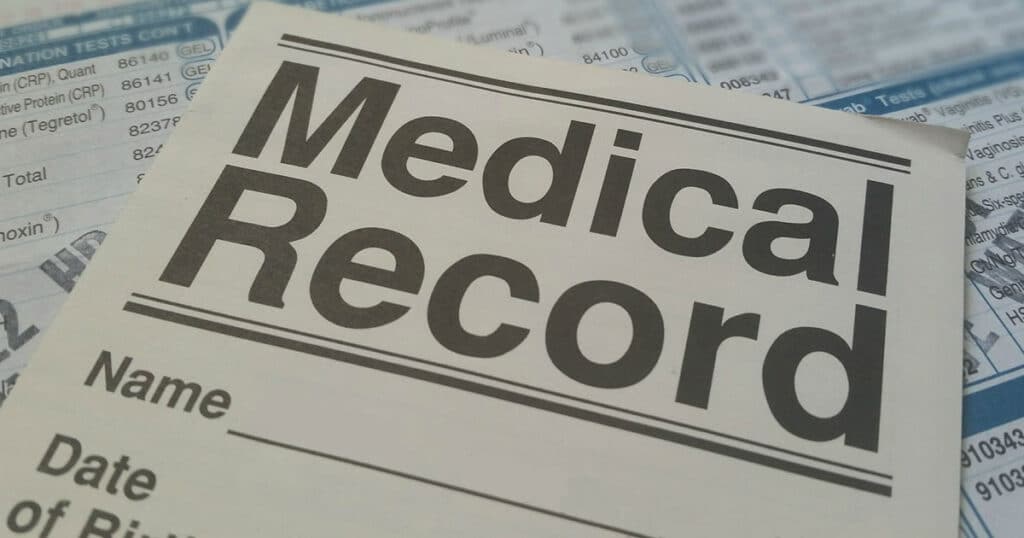Can You Perform Your Past Relevant Work?
Home » Applying for SSDI » Can You Perform Your Past Relevant Work?
Step four of Social Security’s 5-step evaluation process for determining disability requires that the claimant prove that they cannot perform their “past relevant work.”
This may seem simple enough based on the fact that you are no longer working at your past job; however, there are some important factors to understand about how the Social Security Administration makes this determination.
Determining Past Relevant Work
First, the Social Security Administration will first determine what your “past relevant work” is. Your “past relevant work” only includes jobs that
- you have performed in the last five years
- the role lasted more than 30 days
- and you performed at the level of substantial and gainful activity.
For example, a temporary job that only lasted a few weeks will not be considered “relevant.” Determining whether your prior job is a “relevant” job will fall on the adjudicator (an administrative law judge or an agency decision maker).
Measuring The Impact of Medical Impairments on Your Ability To Work
After the adjudicator decides what your past relevant work is, it is the claimant’s responsibility to prove they cannot do this job any more based on their medical impairments and limitations.
If the adjudicator believes you can perform a past relevant job, you will be found not disabled. It is important to understand the Social Security Administration does not consider whether your past employer still exists, has a job opening, or would rehire you. For example, if you lost your past job because of a layoff or the location closed, the SSA could still decide you can return to your past job if hypothetically speaking you could physically perform it.
Additional Considerations: Actual Performance vs. General Performance
Additionally the Social Security Administration considers if you could do your past relevant work both as you actually performed it, and how it is generally performed nationally.
For example, suppose you have past relevant work as a cashier. In this job, perhaps you had to stock shelves and this could require you to lift up to 50 pounds. This would be the way in which you “actually performed” the job as a cashier. However, according to the SSA, the job of cashier is “generally performed” without as much heavy lifting. The general cashier throughout the nation only lifts up to 20 pounds. Therefore, if the judge decides you can lift 20 pounds, they might also decide that although you cannot perform the lifting required in your actual past job as a cashier, you can perform the job of cashier somewhere else. If the judge decides you could be a cashier somewhere else, you will be found not disabled.
Finally, if it is determined you cannot perform your past relevant work, the Social Security Administration must then prove there is some other job that exists in significant numbers anywhere in the United States that you are capable of performing. The “other work” question is the final step in the 5-step sequential evaluation process used the by the SSA to determine disability.

Linda Cosme formerly served as a Member of the Appeals Council (AC) for the Social Security Administration (SSA), and Program Expert for the Social Security Administration and Disability Quality Branch (DQB). Ms. Cosme also served as a Quality Assurance (QA) Reviewer, Initial Disability Examiner, Reconsideration Disability Examiner, and Continuing Disability Examiner (CDR) for the Disability Determination Services (DDS). She is admitted to practice law in Arizona, Georgia, and the United States Ninth Circuit Court of Appeals.
It is easy to get started.
It is easy to get started. No upfront costs – You only pay if we win!
Oops! We could not locate your form.









